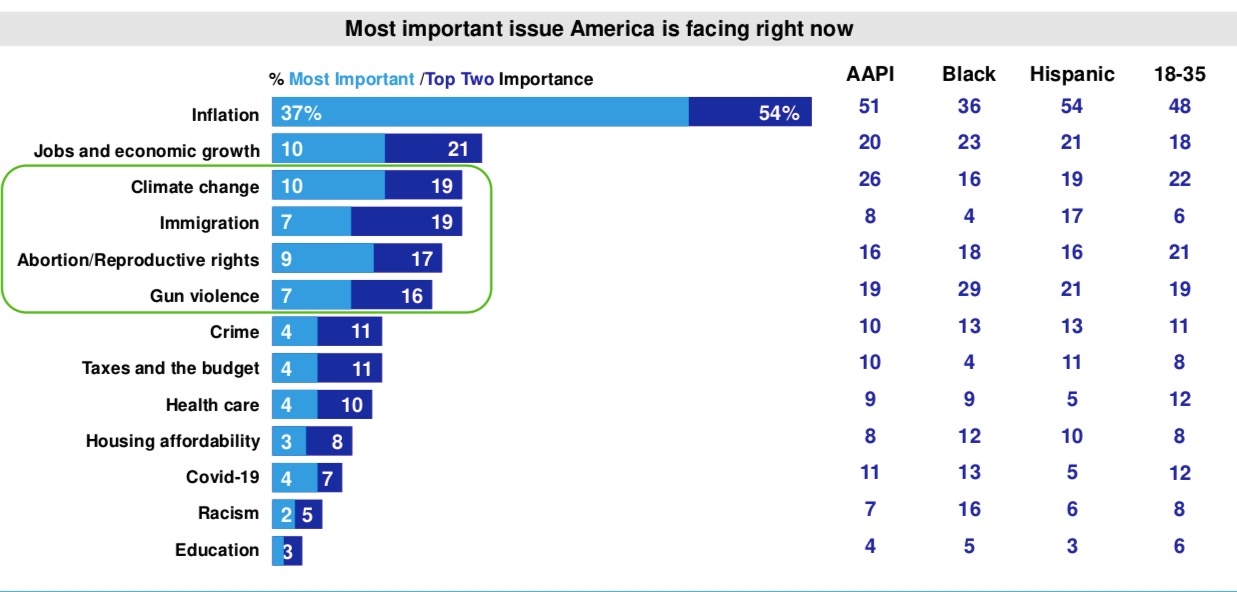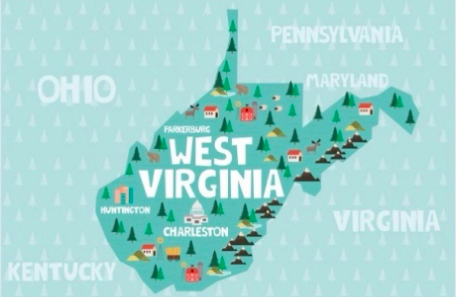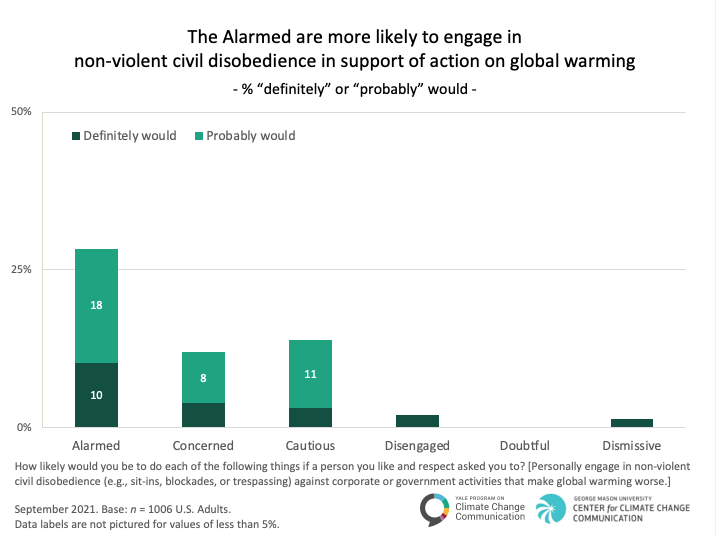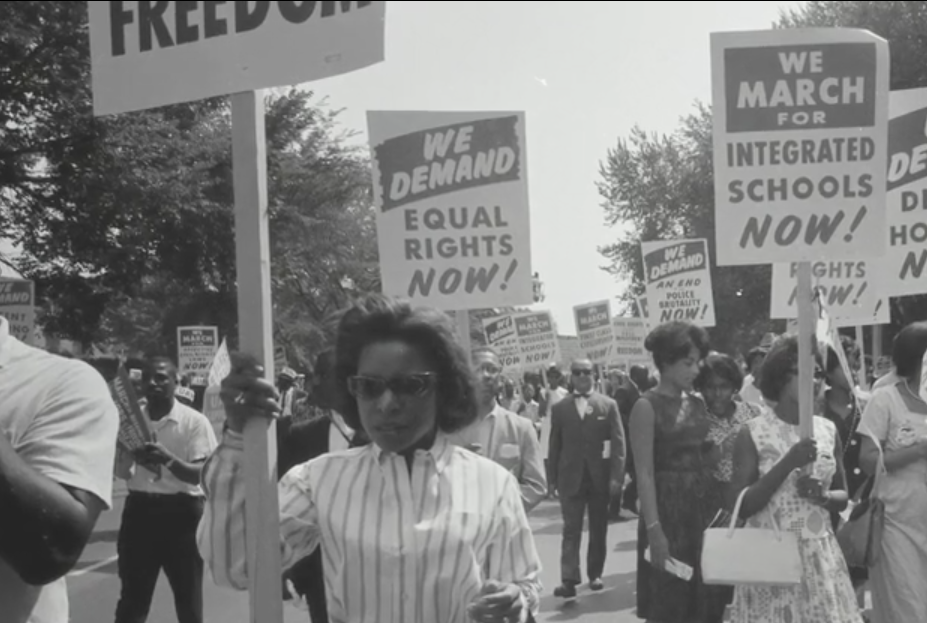Resources
Search below for resources covering the intersection of climate engagement, social science and data analytics.
RESULTS
Harness climate concerns shared by people of color. This survey of people of color about their attitudes toward climate change reveal that they are paying close attention to the issue and are motivated to get involved with climate solutions. The results show that people of color feel a strong sense of urgency to tackle climate change and are overwhelmingly more likely to support political candidates who prioritize the issue.
Building long-lasting grassroots power requires centering concrete issues and the humanity of individuals you’re organizing. Many organizations in West Virginia are cultivating organizers, building organizations that can sustainably organize local communities according to their needs for years to come, incorporating mutual aid, and more, in an effort to win and wield political power. In this article, The Forge contributor Mat Hanson discussed organizational strategies with multiple people involved in grassroots power building in West Virginia: Katey Lauer, co-chair of West Virginia Can’t Wait; Nicole McCormick, a founding member of the West Virginia United caucus and rank-and-file leader in the successful teacher’s strike; Dr. Shanequa Smith of Restorative Actions and the Black Voters Impact Initiative; and Joe Solomon, the co-founder and co-director of Solutions Oriented Addiction Response (SOAR), a volunteer-based organization that advocates for harm-reduction strategies to the opioid crisis.
Values-Based Organizing Training
In this training, you will glean insights from Partnership for Southern Equity and their values-based organizing model, contextualized by their short film The 4th Arm which explores how centering values and lived experience is critical to the work of organizing and central to our ability to achieve energy and climate justice. This training will help you:
- Develop the skills necessary to be an effective community organizer
- Gain an understanding of value-based community organizing
- Deepen your understanding of allyship and allies
- Explore what it means to build power and "systems change"
About 6 million U.S. adults identify as Afro-Latino
In 2020, there were about 6 million Afro-Latino adults in the United States. They made up about 2% of the U.S. adult population and 12% of the adult Latino population. About one-in-seven Afro-Latinos – or an estimated 800,000 adults – do not identify as Hispanic. The life experiences of Afro-Latinos are shaped by race, skin tone and other factors, in ways that differ from other Hispanics. The multiple dimensions of Latino identity reflect the long colonial history of Latin America, during which mixing occurred among indigenous Americans, White Europeans, Asians and enslaved people from Africa.
Environmental Polling Roundup - April 22nd, 2022
This post includes climate and environment headlines, data points, and key takeaways from recent public polls - including new polling on clean energy investment as part of Biden’s economic plan; “direct pay” reforms to better incentivize clean energy production; electric vehicles and ethanol; and state-level polls in California and Massachusetts.
Poll: Climate change, increase in wildfires worry a majority of Nevadans
A majority of Nevadans are concerned about the impact of global warming, especially when it comes to the rise in wildfires in the West and resulting poor air quality.
- That sentiment is strongest in Washoe County, where the past two summers have been smoke-filled due to catastrophic wildfires in California. Almost all Washoe County residents polled have concerns about wildfires and resulting air pollution.
- More than half of those polled in Clark County and nearly two-thirds of those in Washoe County said climate change impacts them daily, including 69% of Black respondents.
- 78% of those aged 18-24 agreed climate change is impacting their lives, while less than half of those aged 65-74 agreed.
- The lone segment of Nevadans who did not report seeing a daily impact due to climate change was rural Nevada, where more than three-quarters said global warming doesn’t impact them.
- Nevadans on both sides of major political party lines are united by concern about the recent rise in the size, frequency and severity of wildfires — 95% of Democrats and 72% of Republicans agreed it’s a problem.
- While wildfire concerns span party lines, concerns about air quality do not — 90% of Democrats are concerned, as opposed to only 48% of Republicans.
Poll: Who is willing to participate in non-violent civil disobedience for the climate?
A recent survey that asked Americans about their willingness to "support an organization engaging in non-violent civil disobedience against corporate or government activities that make global warming worse" and about their willingness to "personally engage in such non-violent civil disobedience themselves" found:
- Among the Six Americas segments, the Alarmed are the most likely to support an organization engaging in non-violent civil disobedience; half (50%) said they “definitely” (21%) or “probably” (29%) would support such an organization.
- 28% of the Alarmed said they “definitely” (10%) or “probably” (18%) would personally engage in non-violent civil disobedience against corporate or government activities that make global warming worse, if asked to by a person they liked and respected. The ten percent of the Alarmed who are “definitely willing” to personally engage in non-violent civil disobedience represents approximately 8.6 million American adults.
- Millennial and younger adults are more likely to support organizations engaging in non-violent civil disobedience than older generations -- with 35% stating they “definitely would” (14%) or “probably would” (21%) support them -- and also more likely to say they would personally engage in non-violent civil disobedience to protect the climate; 8% said they “definitely would” and 12% said they “probably would,” if asked to by a person they liked and respected.
- People of color are more likely than whites to support organizations engaging in non-violent civil disobedience. About one third (34%) of Black Americans “definitely would” (12%) or “probably would” (22%), and about one third (35%) of Hispanics/Latinos “definitely would” (14%) or “probably would” (21%) support such organizations.
- People of color are also more likely than whites to say they would personally engage in non-violent civil disobedience in defense of the climate; about one in six Hispanics/Latinos (6% “definitely would” and 11% “probably would”) and one in five Black Americans (5% “definitely would” and 17% “probably would”) say they would engage in such actions, if asked to by a person they liked and respected.
Environmental Polling Roundup - January 14th, 2022
This post includes climate and environment headlines, data points, and key takeaways from recent public polls - including new polling about Build Back Better and clean energy incentives, a new poll of Black and Latino Americans about climate and environmental justice issues, new findings from Yale and George Mason’s long-running “Six Americas” tracking study, and a newly released summary of the past year’s polling on climate and environmental issues.
You can also find a press release on the EPC’s end-of-year polling takeaways here, which was put out this week by EDF Action, the League of Conservation Voters, NRDC, Sierra Club, and the Climate Action Campaign.
The 4th Arm Documentary
Community organizing has served as the 4th arm of government for black people seeking justice for over 150 years. This documentary highlights stories from the frontlines in Georgia, the epicenter of community organizing in the American South. It follows three organizers, from an elder in the movement to an emerging leader, and their community-building work. It explores how centering values and lived experience is so critical to the work of organizing and central to our ability to achieve the goals of energy and climate justice. When Black communities, Indigenous peoples and communities of color are authentically and thoughtfully engaged through organizing, we can win on climate and create systemic change.
Policies for the People
Policies for the People is a website featuring policies to support Black climate justice leadership. The policies on the site have been selected to provide holistic support to those resisting extractivism and creating regenerative and democratic systems in their communities. This is an ongoing project and these policies are just a small sample of what we plan to include. New policies will be added regularly. Some examples include “Baltimore’s Water Accountability and Equity Act,” “California Cooperative Housing Bill,” and “Colorado Just Transition Fund, 21-1290.”
Pagination
- Previous page
- Page 2
- Next page





